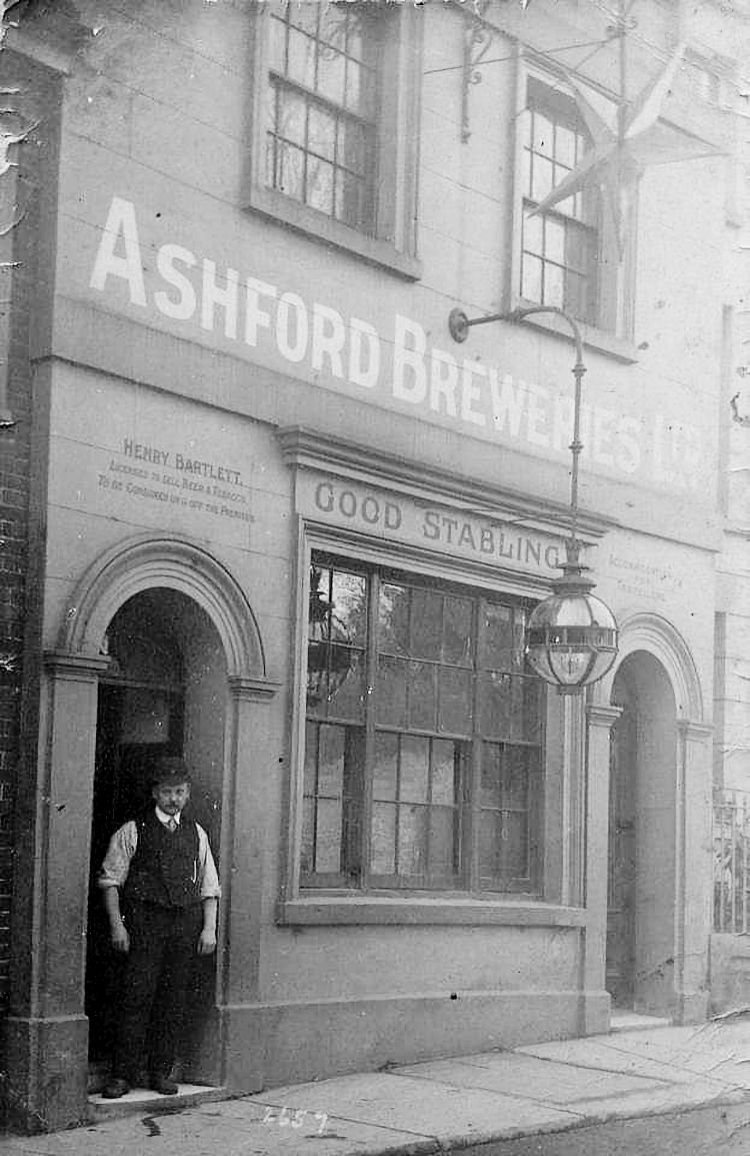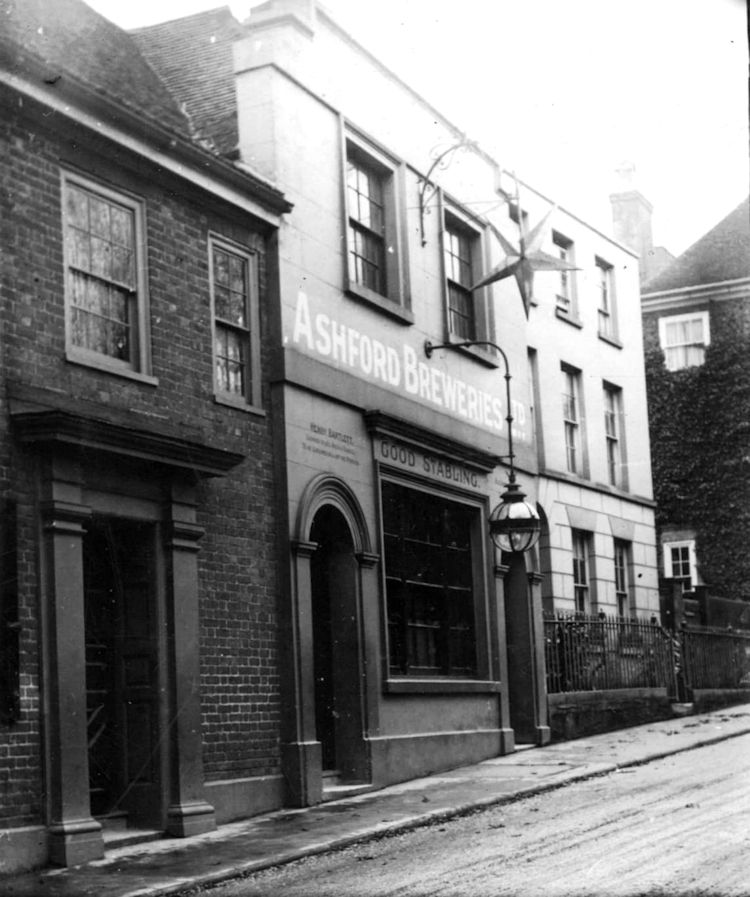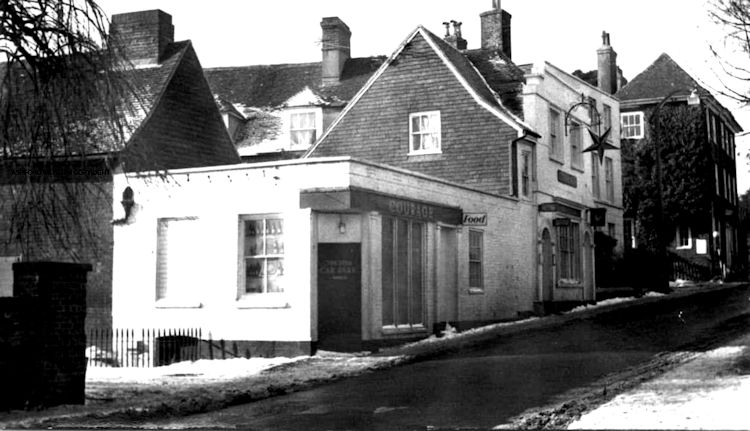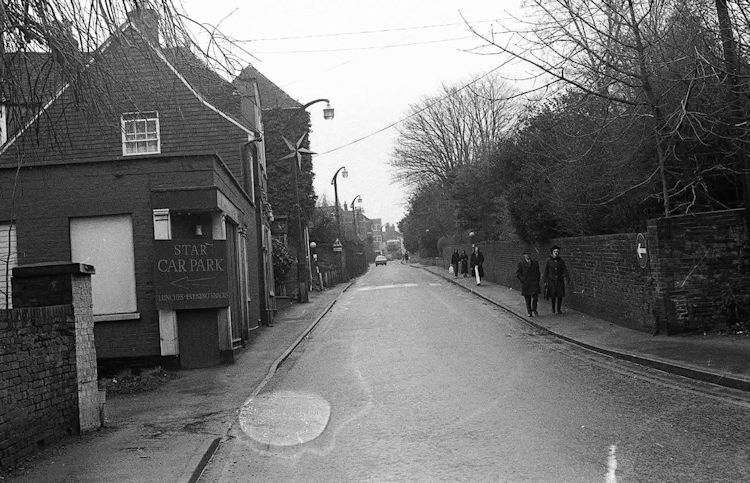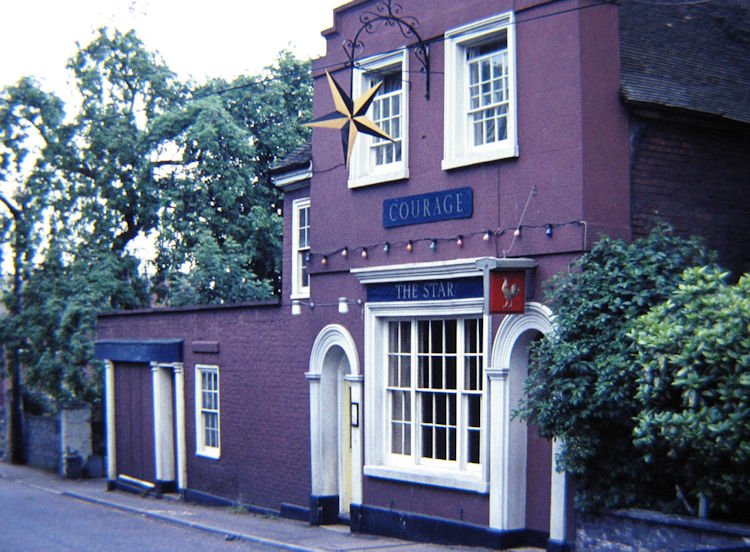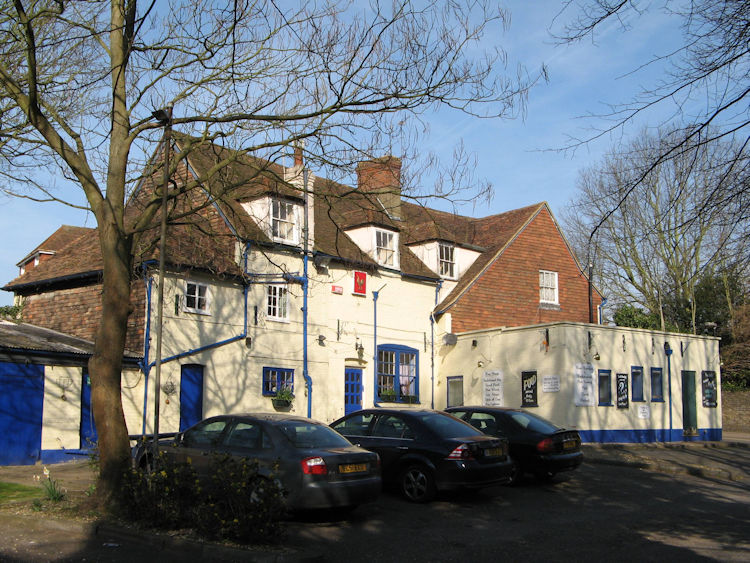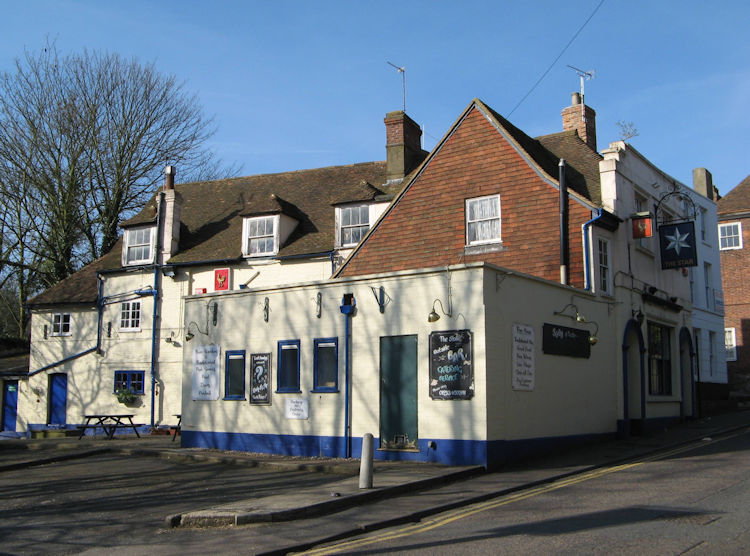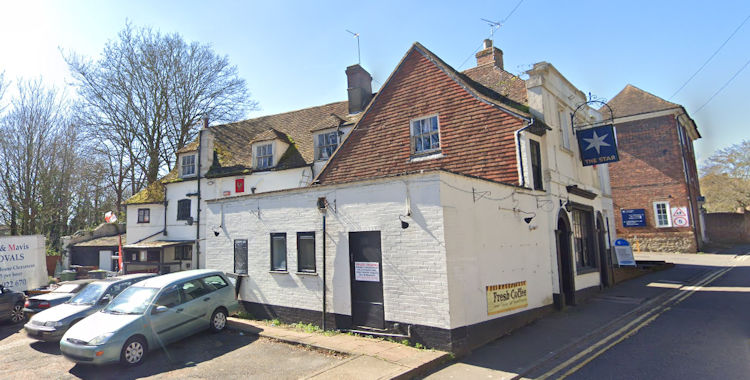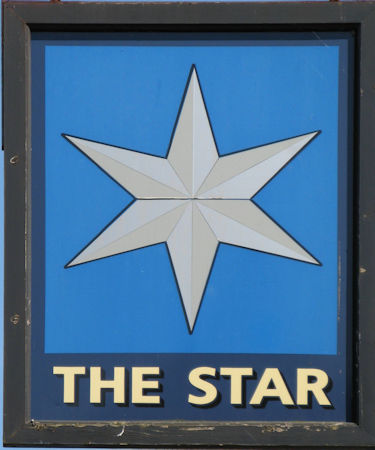|
Kentish Express, Friday 9 February 1979.
Waiting for justice in our hard-pressed courts.
For trial by jury, queue here. By Richard Higgs.
FOR many people awaiting jury trial at a Crown Court, the figure of
Justice is not merely blindfolded but seems to have one hand tied
behind her back.
Often a defendant who gets through the initial stages of committal
proceedings in the magistrate' court now has to wait up to two years
for his case to be judged. And sometimes, after these years of
ordeal, they are proved innocent.
In the Kent Crown Court, one of the South East's hardest pressed
seals of justice, the mounting of untried defendants has the
astonishing figure of 650.
According to one official, if no further cases were sent for Crown
Court trial from today it would take three months to clear the
residue.
Meanwhile, the accused person released on bail faces the anxiety of
months of suspicion and trial by public gaze.
Some suffer ill health and are often worn down by the time they have
to face the assault of the professional prosecutor. And sometimes
charges might involve a mere £5 fine.
Defendants and witnesses are expected to recall minute details of an
incident which occurred perhaps 12 months earlier.
Although the courts make every effort to deal with guilty pleas,
juveniles and defendants remanded in custody, daily sittings by six
courts are under constant pressure.
Pressure is increasing.
Officials responsible for listing cases for trial must fit in those
defended which could, with very serious offences such as murder,
take up to a month of sittings.
Increasingly defendants facing the more serious charges are being
advised to elect to be tried by jury, so the pressure on an
inadequate court system increases.
Despite provisions in the 1977 Criminal Law Act aimed at alleviating
the squeeze on Crown Courts by empowering magistrates to deal with
more types of crime, there has been little improvement.
At the centre of the Kent Crown Court administrative operation is
listing office chief Mr. David Elham.
"If we never had another committal for trial from today we have
enough work to keep six courts in Kent busy until the end of April,"
he said.
Delays cause stress.
Mr. Elham added: "The transfer of a variety of cases, including
serious motoring charges, to magistrates court has made some inroads
into the problem but the situation is still pretty static."
As for the stress experienced by waiting defendants, he said the
court relied on solicitors representing cases of real hardship to
advise them. In such cases the hearing was often brought forward.
One man who has faced the mental and physical strain of months of
waiting for trial is Ashford publican Mr. Reg Ormes.
In July 1977 Mr. Ormes, who runs the
"Star" on East Hill, was
accused of shoplifting at Cartiers Superfoods store in Ashford. He
denied the charge which involved £3 worth of meat.
Knowing that the alleged crime had simply been a misunderstanding
over his pub food account and domestic purchases, he elected to have
the case tried by a jury.
That way he felt the full story would be revealed and he would be
duly cleared.
"My solicitor warned me when I was committed to Crown Court that it
would be some considerable time before the case was heard. But I had
not expected it to take so long," he said.
In fact it was 17 months before Mr. Ormes, who was on bail, could
walk from the Canterbury Crown Court a free man when the case
against him was dismissed.
But the delay took its toll. Reg, who was in perfect health before
the first hearing, suffered a series of dizzy spells throughout the
wait.
"It was terrible. I got anxious about the case and of course the bad
publicity was harmful to my trade. But most customers were very
understanding, although a few mentioned it.
Now Reg feels there should be some form of extra jury court to deal
more rapidly with minor offences such as his. This would alleviate
pressure on the courts while helping the anxious defendant.
To relieve the pressure on the Crown Courts sitting at Canterbury
Maidstone and Gravesend up to 100 cases from Kent are transferred
every year to Surrey or Sussex courts.
Some cases are referred to Kent for hearing though they are fewer in
number.
So what is being done to tackle the Crown Courts shortage not just
in Kent or the South East, but nationwide?
A spokesman for the Lord Chancellor’s Department, the Government
body responsible for setting up new facilities, was optimistic that
eight new Crown courtrooms in a £7 million courthouse would soon be
built in Maidstone.
This is part of a nationwide court construction programme with a
priority in hard pressed London and the South-East.
"Maidstone has been at the top of our list as there are no
alternative buildings that could be suitably converted.
Money is not a problem.
"There is no lack of money for the programme. In Kent we have to
allow for future demand on court space. Time has been taken in
choosing the right site and ensuring accessibility he said.
The spokesman said the average delay for cases heard at Crown Court
in Kent was around five months.
A spokesman for the Government’s Property Services Agency confirmed
that it was intended to begin work on the new Maidstone Court
complex, also providing one County Courtroom in 1980. Completion
should be in 1983.
Until then two converted courts in North Kent would help to stem the
overflow of delayed cases in the county.
|
